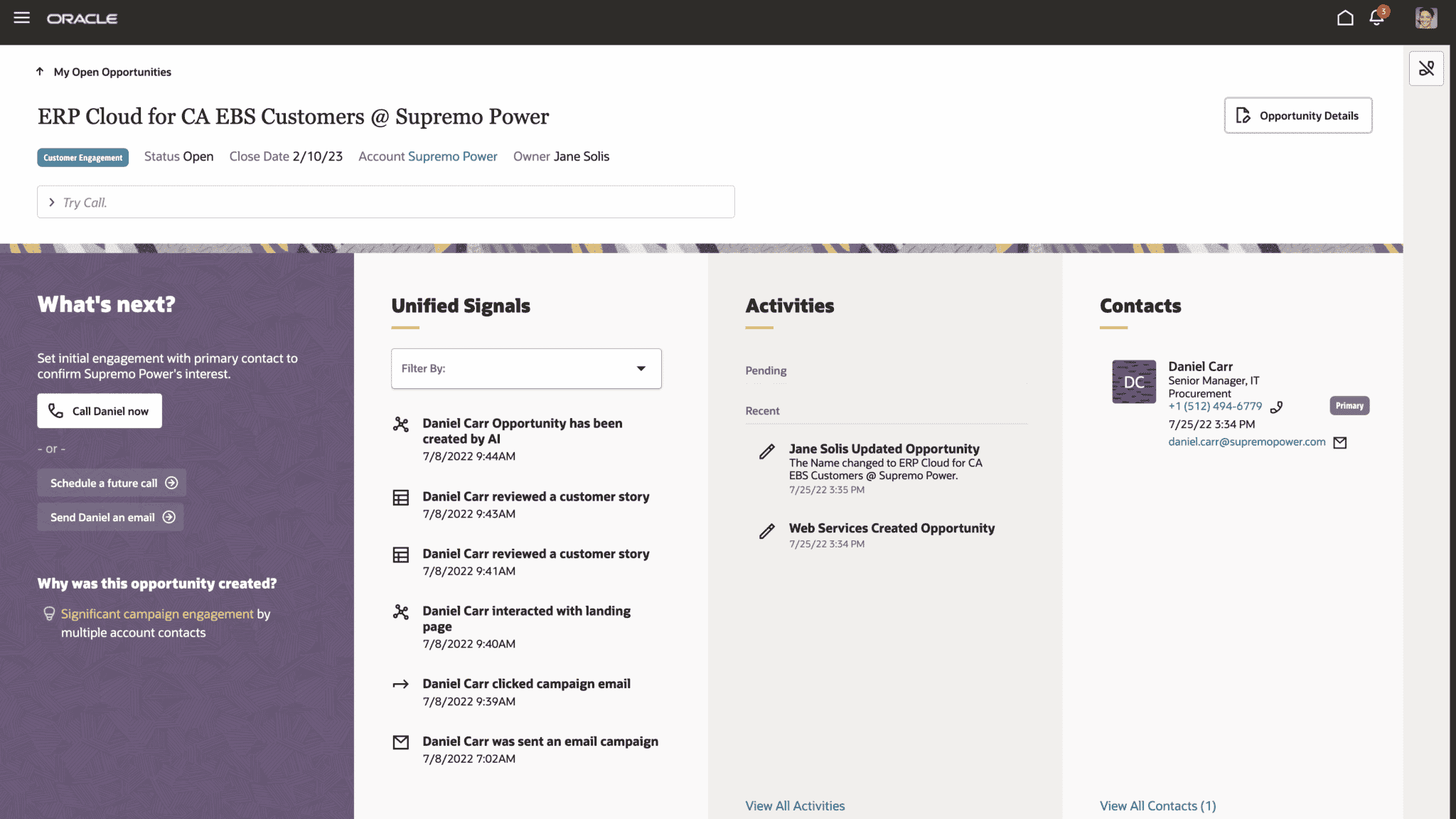What is CPQ and who uses it?
Let’s start by understanding the CPQ meaning. CPQ stands for “Configure, Price, Quote” and over the last couple of years has become a vital tool to scale up sales in the B2B space.
The software has transformed into a vital tool within the B2B industry, with CEOs increasingly investing into strategies and softwares ($40 million in 2021). In addition to this, CPQ software is applicable to sectors such as Telecommunications and Manufacturing, with the size of the market rapidly growing. With U.S. businesses losing around $1.8 billion due to outdated technology, the reliability of the software is of utmost importance. Its foremost function is to simplify the quoting process through automation and by controlling product and service options. The software’s ability to streamline data and centralize pricing information renders it an essential revenue engine for a multitude of firms across the globe. By “revenue engine”, one merely means that CPQ software is a key stimulator of revenue generation.
Typical functions of CPQ software
Revenue generation is primarily fulfilled by the extensive features which the software offers. Examples of these features include: the immediate configuration of products and services, the management of pricing including discounts and additional promotions, and the tracking of quote activity.
Beyond this, CPQ software is also integratable with ERP (Enterprise Resource Planning) systems such as shipping or inventory. Not only does the utilization of CPQ software enable sales teams to dedicate a larger amount of time to their craft, as on average only 35.2% of a sales team’s time is spent selling items, but the software also consists of a number of organizational tools. An example of such tools is the Sales Playbook which permits the customized selection of configurations, enabling consistent pricing for customers. The playbook is a tool which has been in receipt of much praise due to its outlining of necessary roles and responsibilities which sales teams must conform to.
CPQ software also ensures the validation and approval of pricing quotes. This materializes through approval workflows, which provides updates on quotes ahead of them being sent. Once the quotes have been approved, they often cannot be altered, thus validating them. It is thus due to the organization attained by the software that it can be deemed a revenue engine, providing companies a sentiment of cohesion.
CPQ as a revenue engine (advantages of CPQ)
As this article has already conveyed thus far, CPQ software is time efficient. Sales teams who have not implemented it into their organizations spend 64.8% of their time performing the functions which accompany the running of the software. Aside from saving time, CPQ also increases the deal size attained by vendors, directly heightening the revenue created. This occurs as it provides the opportunity to cross and up-sell throughout the process of configuration, firstly by highlighting a second product the customer may desire and secondly by placing both products in a discounted bundle. Additionally, to maintain the economics of a company, the automated fee mechanisms conserve profit margins by limiting rogue discounting. This feature thus sustains all of the potential revenue which could be made. Within these mechanisms is the fact that all adjustments made to pricing are automatically updated, giving sales teams access to the most up-to-date product information and catalogs. The same mechanisms then store the details of the changes which have been made so that they can be reverted if needed, therefore strengthening the organization of a company.
CPQ’s reduction of error
Of undoubtable importance in lineation to revenue is CPQ’s eradication of error. By this, one means that the potential of quoting the wrong price to a potential customer and incompatible product configuration is significantly reduced by the automation features. Not only does this diminishment eliminate the threat of wasting resources, but simultaneously expands the likelihood of finalizing a sale with new customers due to apparent professionality, whilst also heightening customer retention. Furthering this and harking back to earlier points on organization, in making quotes at faster rates due to automation the overall sales cycle is impactfully shortened. In shortening the length of the sales cycle, CPQ software ensures an increased lead conversion rate for businesses. This means that the company is more likely to be finalized as a vendor by potential customers, rather than falling short to a faster opponent.
Summary
To summarize, CPQ software is a must-have revenue engine for firms across the B2B industry due to its immense efficiency in relation to sparing time for sales teams. The software thus optimizes the potential revenue which can be attained by a business. Revenue is primarily stimulated through the increase of deal sizes through the opportunities provided to both cross and up-sell. Profit margins are conserved by the automated mechanisms of the software, with the same mechanisms strengthening the professionality of companies through the management of discounts and pricing.
Notably is also the way in which CPQ software ensures organization, through not just automatic updates and pricing but also other features such as Sales Playbooks and integration with Enterprise Resource Planning.
Have you read?
Best Business Schools In The World For 2022.
Best Fashion Schools In The World For 2022.
Best Hospitality And Hotel Management Schools In The World For 2022.
Best Medical Schools In The World For 2022.
The World’s Best Universities For Doctor of Business Administration (DBA), 2022.
Track Latest News Live on CEOWORLD magazine and get news updates from the United States and around the world.
The views expressed are those of the author and are not necessarily those of the CEOWORLD magazine.
Follow CEOWORLD magazine headlines on Google News, Twitter, and Facebook. For media queries, please contact:
info@ceoworld.biz









































































